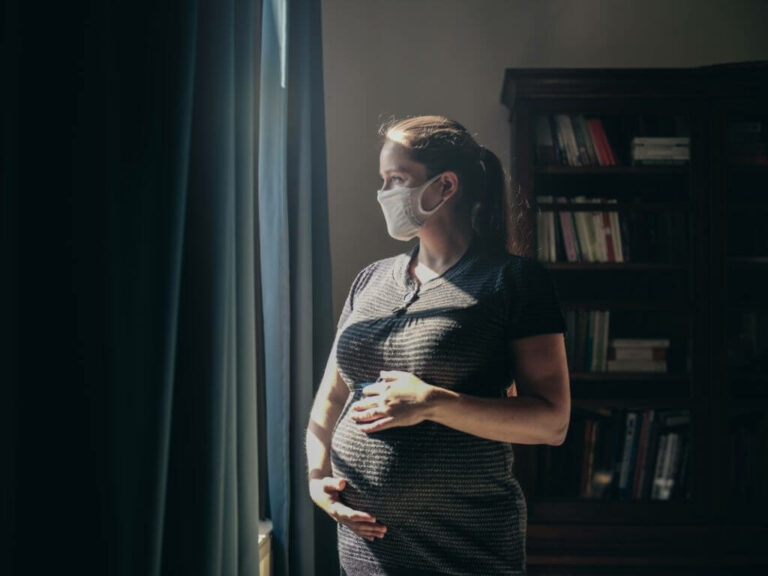Is There Any Relation Between BMI And Covid-19 Fatality?

It’s been almost two years since the world had its first case of Covid-19. We are locked down for months in our homes having a minimum physical connection with the outer world. The world right now seems to have stopped now and our lives seem to be still. This pandemic affected all of our lives in a way or another.
How BMI And Covid Are Related?
People are more concerned about their health now. They try their best to stay fit and avoid coronavirus infection. But is there really any relation between BMI and Covid-19 severity? From travel to construction, from entertainment to education many industries have also been impacted badly by the covid-19 pandemic.

What is Body Mass Index (BMI)
Body Mass Index (BMI) calculates the ratio of a person’s mass (weight) in kilograms with respect to the square of his height in meters. The SI unit of BMI index is kg/m2. BMI is used as the sorting method for weight categories- underweight, healthy weight, overweight, and obesity. The normal BMI, for adults, ranges from 18.5 to 24.9 kg/m2. BMI over 24.9 is considered overweight and underweight if you have BMI below 18.5. BMI is an easy and inexpensive method of screening because it uses only the height and weight of the person.

BMI and Risk for Covid-19
World Health Organization and doctors over the globe have recognized obesity as a risk factor for Covid-19 infection. Several studies have confirmed that a person with a high BMI is supposed to have at high risk for Covid infection as compared to the person within the normal BMI range. But even if your BMI is less than the normal range, it is still an alarm bell for higher covid risk. A study suggests that underweight covid-19 patients had 20% more chances of getting hospitalized than those with a healthy weight.
An English research paper about the association between BMI and covid-19 establishes BMI as a significant risk factor for patients with covid-19 infection. Data suggests that there is a J- shaped non-linear relation between body mass index and covid-19 patients admitted to the hospital and a linear association between BMI and ICU admission. Results also show that people younger than 40 years are at notably higher risk due to increased BMI.

An American study suggests that body mass index was a risk factor for both hospitalization and death. According to their research Risk for hospitalization, ICU admission, and death were lowest at BMIs of 24.2 kg/m2, 25.9 kg/m2, and 23.7 kg/m2, respectively, and then increased sharply with higher BMIs. This study also indicates that underweight covid-19 patients had a 20% higher risk for hospitalization than did those with a healthy weight.
The data observed from another research paper concludes that overweight patients have a 1.31 times higher risk of covid severity while those with obesity were 2.09 and 2.41 times more sensitive to the severity of COVID-19. It is also found that obesity weakens several body functions internally such as respiratory function, gas exchange, lung volume, increase comorbidities (CVD, T2D, kidney disease), and metabolic risk which majorly contributed to the severity of disease in covid-19 patients.
A Korean research study included the data of those patients who were hospitalized due to covid-19 and get released later and those who died of the infection. The findings of this study also support the theory of previous studies. The graph of this study demonstrates a non-linear (U-shaped) relationship between BMI and fatality rate.
Conclusion
All of the above studies clearly indicate a direct relation of the Body Mass Index (BMI) with the covid-19 fatality. This concludes people with higher BMI are more prone to the danger of severity due to this covid infection as compared to those with a healthy weight. The findings of the reports highlight that overweight and obesity are considered to be the potential risk factors for the elevating number of disease severity of Covid-19 patients. Hence, people with unhealthy body mass index need additional attention and are recommended to take some extra precautions, especially those with overweight.
People may also read: Does COVID Cause GI Symptoms? Malnutrition, Weight Loss!





